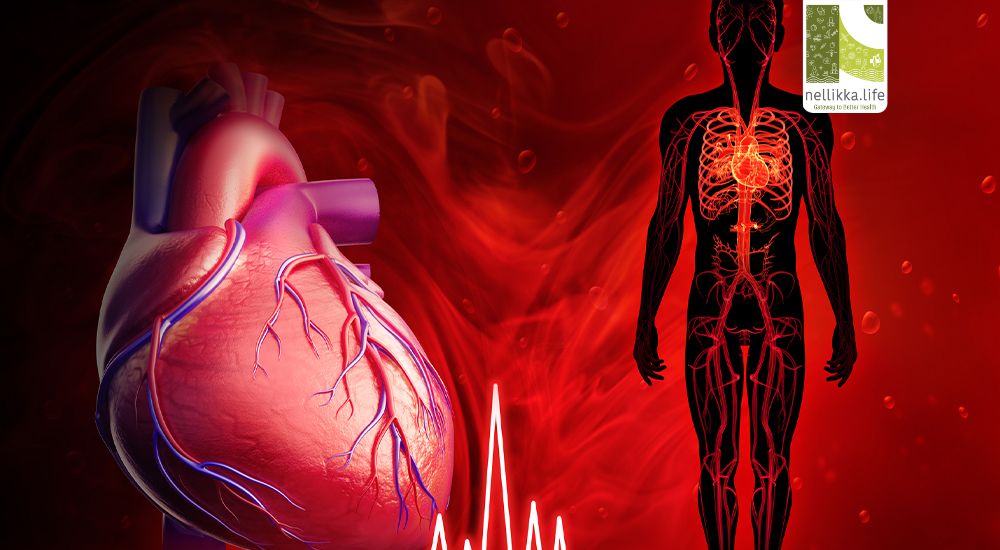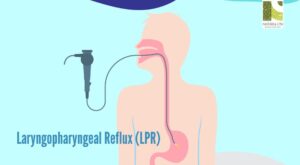Your Heart Beats Over 100,000 Times a Day: The Lifeline You Rarely Notice

A Miracle at the Center of Your Chest
Without asking for your attention, your heart beats more than 100,000 times a day, circulating life through your body. That’s about:
- 60–100 beats per minute
- 4,800 beats per hour
- 35 million beats a year
- Over 2.5 billion beats in a lifetime (if you live to 70+)
The fact that your heart never rests yet never fails is a testament to the wonders of human biology — and a gentle reminder to take care of it.
Anatomy of a Heartbeat [1]
Your heart is a muscular pump made up of four chambers:
- Two atria (upper)
- Two ventricles (lower)
Every beat is powered by electrical impulses generated by the sinoatrial node, also known as the natural pacemaker. These impulses:
- Trigger muscle contraction
- Propel oxygen-rich blood to the body
- Return deoxygenated blood back to the lungs
Why It Beats So Much [2]
Your body requires a constant supply of oxygen and nutrients. The heart’s rhythmic action ensures:
- 5–6 liters of blood are circulated every minute
- That’s over 7,000 liters a day
- Blood travels through 60,000 miles of blood vessels!
This circulation is what keeps every cell alive, from your brain to your toes.
When the Rhythm Goes Wrong [3]
Any abnormal heart rhythm is called an arrhythmia. Some common types include:
- Bradycardia – too slow
- Tachycardia – too fast
- Atrial fibrillation – irregular rhythm
These disruptions can lead to:
- Stroke
- Heart failure
- Sudden cardiac arrest
Your Heart Is Affected By…
- Diet – High cholesterol and salt can strain the heart
- Stress – Chronic stress increases heart rate and blood pressure
- Sleep – Poor sleep is linked to heart disease
- Exercise – Regular activity strengthens heart muscle
- Hormones – Especially in women, hormonal shifts affect cardiovascular risk
- Genetics – Family history plays a major role
7 Heart-Healthy Habits
- Eat heart-smart foods: leafy greens, nuts, omega-3-rich fish
- Exercise 30 minutes a day, at least 5 days a week
- Limit processed foods, sugar, and sodium
- Quit smoking and reduce alcohol
- Get regular BP, cholesterol, and sugar checks
- Practice stress-reducing techniques like yoga or meditation
- Prioritize sleep: aim for 7–8 hours a night
Your heart works tirelessly — every second, every minute, every day — without a break. It’s one of the few organs that never pauses from birth until your last breath. Every beat is a gift.
Understanding how your heart functions, recognizing risks, and making intentional lifestyle choices can help ensure your heart stays strong — for all the years and all the beats to come.





